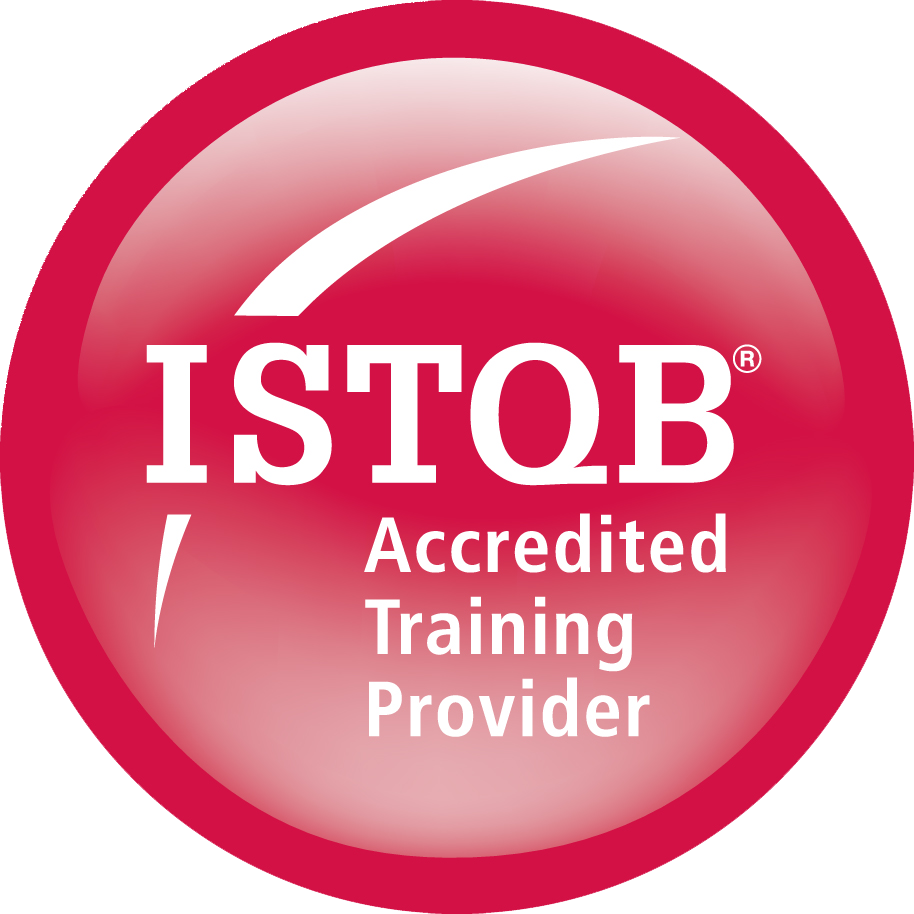

e-Learning Version Available!

To access the demo, click on the demo button above and enter "demouser" when prompted for password.
This three day course follows on from the ISTQB Foundation Level Course and leads to the ISTQB Advanced Technical Test Analyst Certification. The course focuses specifically on technical test analyst issues such as producing test documentation in relation to technical testing, choosing and applying appropriate specification-based, structure-based, defect-based and experienced-based test design techniques, and specifying test cases to evaluate software characteristics. Candidates will be given exercises, practice exams and learning aids for the ISTQB Advanced Technical Test Analyst qualification.
This can be taken stand-alone if the ISTQB Advanced Level Technical Test Analyst qualification is not required.
Course Objectives
To provide an understanding of technical testing issues that goes beyond the ISTQB Foundation level. It will provide the necessary skill set required for the tester to conduct technical testing activities and analyze the internal structure of the system in sufficient detail to meet the expected quality level. Explanation of the various functional-based, structural-based, defect-based and experienced-based test design techniques that are applicable for this qualification.
Emphasis will be made on technical testers and spreadsheets, templates and utilities will be provided helping students to devise tests that are both effective and efficient, giving best value for the testing being done in the time given.
Who Will Benefit
This 3-day course is appropriate for testers, developers, specialist testers, quality assurance and anyone wishing to gain the ISTQB Advanced Level Technical Test Analyst Qualification.
Prerequisites
Delegates wishing to take the ISTQB Advanced Technical Test Analyst Certificate must hold the ISTQB/ISEB Foundation certificate. If you wish to sit the course without taking the exam, there are no prerequisites.
There is also an experience requirement of 3 years verifiable full-time experience in software or systems testing, development, quality assurance, engineering or a related field
Skills Gained
• Identify and choose appropriate test design techniques for different applications
• Ability to analyze internal system structure in sufficient detail to meet expected quality levels
• Understand the differences between test conditions, test cases, test procedures and test scripts and identify when and when not to produce them.
• Understand and use appropriate functional-based, structural-based, defect-based and experienced-based
test design techniques.
• Evaluate and apply suitable techniques to test quality characteristics such as performance, reliability,
accessibility and usability.
• Gaining knowledge of static and dynamic analysis and the tools that support them
• Application and use of keyword-driven scripting techniques for automated testing
Booking & Information
To schedule a presentation of this course in your company, call us at 405-691-8075 or e-mail us from the Contact Us page.
About the Materials
The course materials are developed by and licensed from Grove Consultants (UK).
About the Instructor
The instructor for this course is Randall Rice, CTAL.
Course Content
The Technical Test Analyst’s Tasks in Risk-Based Testing
Explains how to identify, assess and mitigate technical risks.
Structure-Based Testing
This section builds on the Foundation techniques of statement and decision coverage. The structure-based techniques covered are condition testing, decision/condition testing, modified condition/decision coverage (MC/DC), multiple condition testing, basis path testing and API coverage. Participants learn how to choose appropriate structural test techniques.
Analytical Techniques
Describes how to apply static analysis to detect potential security, maintainability and testability defects in code. The use of dynamic analysis to mitigate risks in code and software architecture is also covered.
Quality Characteristics for Technical Testing
Explains how to design high-level test cases for the security, performance and reliability quality characteristics including how to support the Test Manager in creating test strategies to mitigate the identified risks.
Reviews
Here the focus is on using checklists to identify defects in code and architecture.
Test Tools and Automation
Focuses on the tools and automation issues that are relevant to Technical Test Analysts. This session covers several tools, including those used for web-based testing, model-based testing, fault seeding and fault injection, component testing and the build process, and for performance testing. Discusses common technical issues that cause high failure rates in automation projects and different automation techniques. Specific issues resulting from the use of open-source and custom-built tools are also covered.

